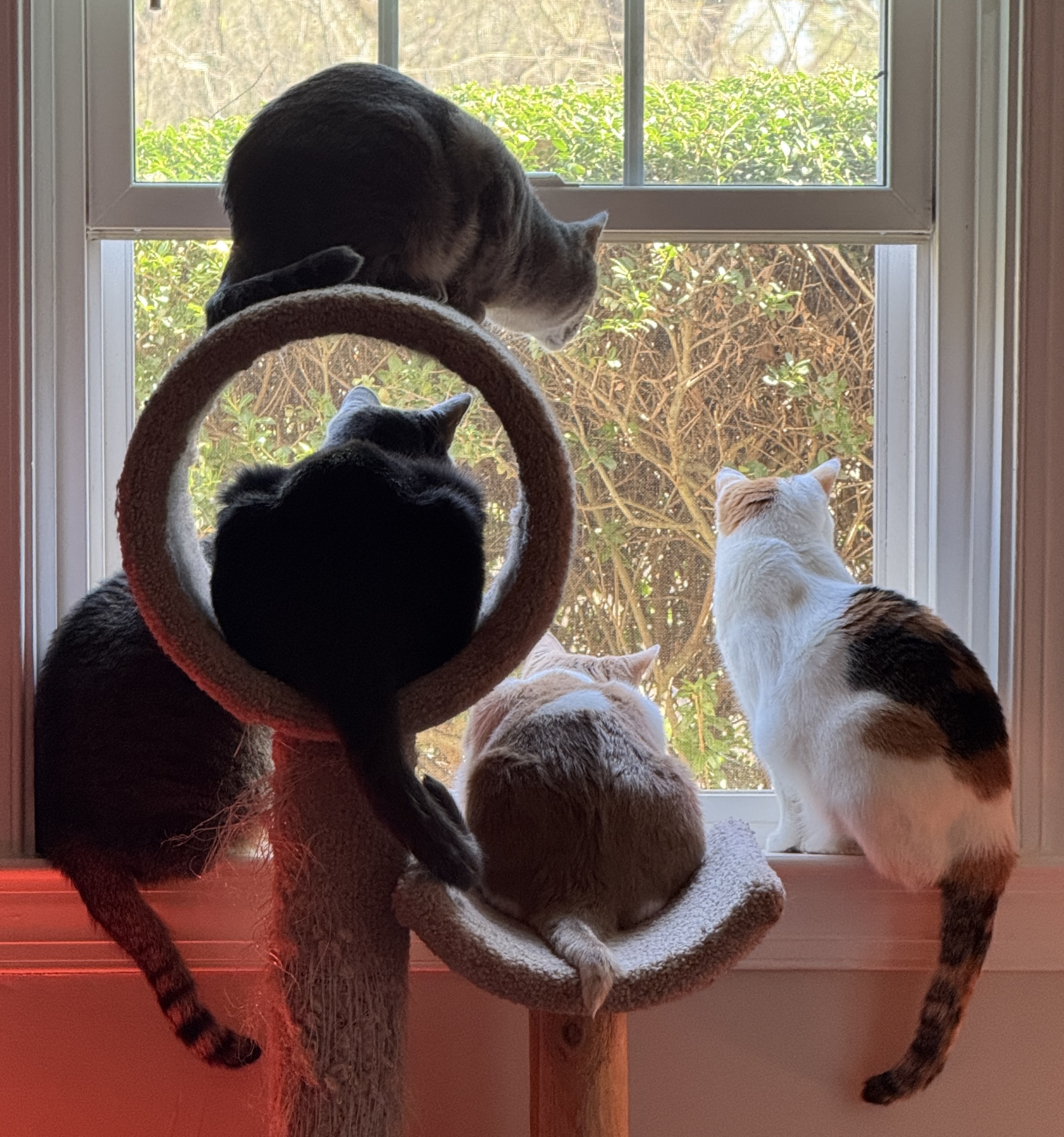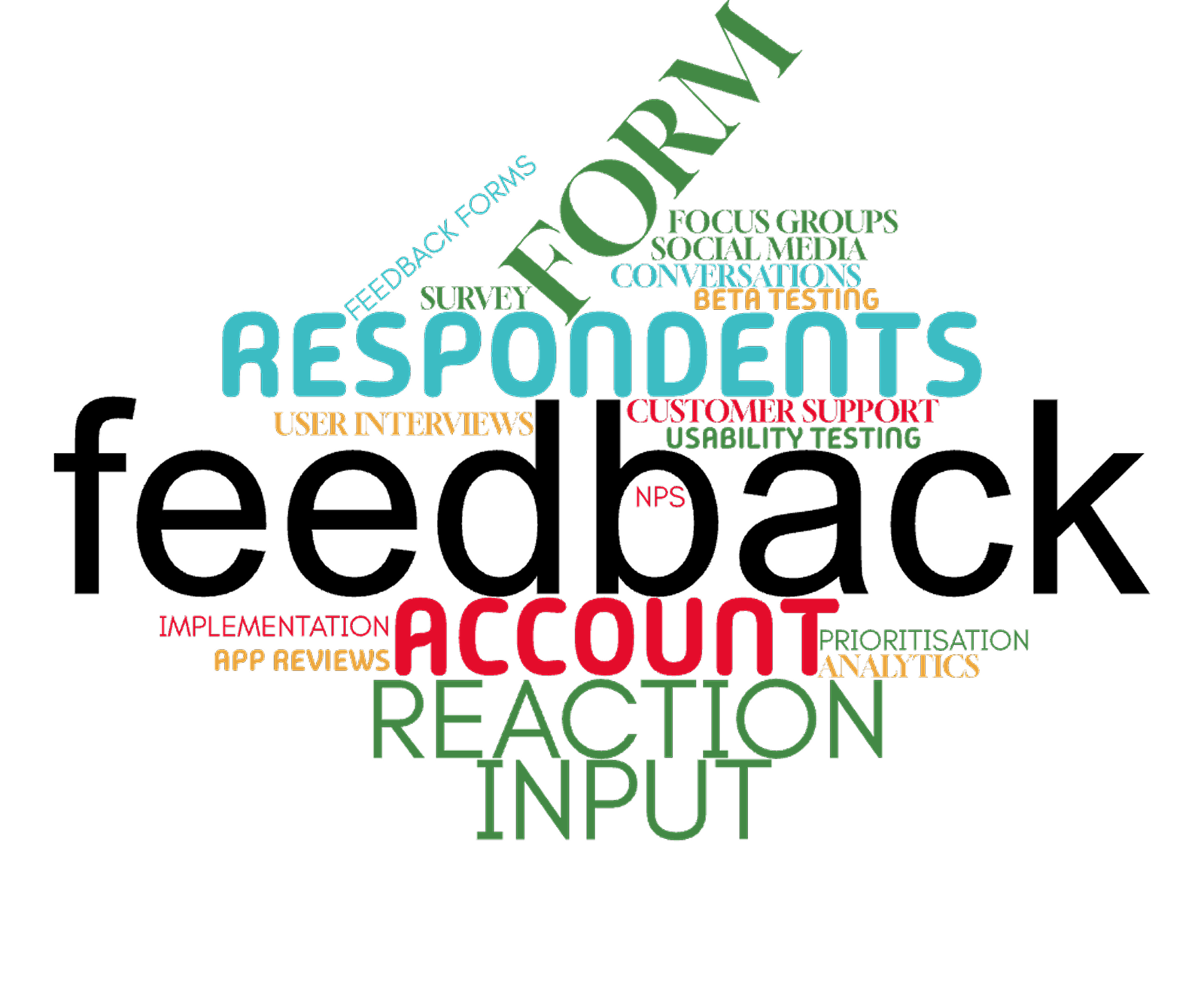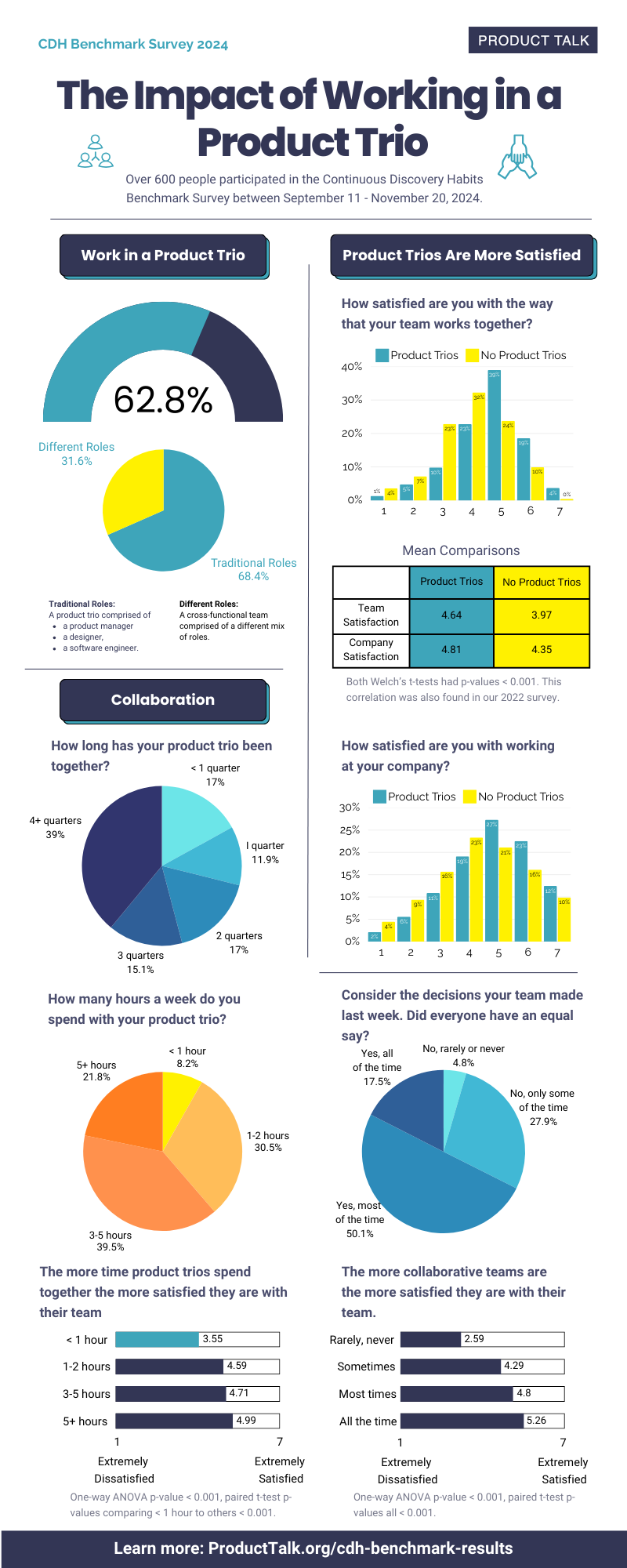What’s in a name? How America’s place-renaming moment impacts people
Place names are more than just labels on a map. They influence how people learn about the world around them and perceive their place in it. Names can send messages and suggest what is and isn’t valued in society. And the way that they are changed over time can signal cultural shifts. The United States is in the midst of a place-renaming moment. From the renaming of the Gulf of Mexico to the Gulf of America, to the return of Forts Bragg and Benning and the newly re-renamed Mount McKinley in Alaska’s Denali National Park, we are witnessing a consequential shift in the politics of place naming. This sudden rewriting of the nation’s map—done to “restore American greatness,” according to President Donald Trump’s executive order that made some of them official—is part of a name game that recognizes place names as powerful brands and political tools. In our research on place naming, we explore how this “name game” is used to assert control over shared symbols and embed subtle and not-so-subtle messages in the landscape. As geography teachers and researchers, we also recognize the educational and emotional impact the name game can have on the public. Place names can have psychological effects Renaming a place is always an act of power. People in power have long used place naming to claim control over the identity of the place, bolster their reputations, retaliate against opponents, and achieve political goals. These moves can have strong psychological effects, particularly when the name evokes something threatening. Changing a place name can fundamentally shift how people view, relate to, or feel that they belong within that place. In Shenandoah County, Virginia, students at two schools originally named for Confederate generals have been on an emotional roller coaster of name changes in recent years. The schools were renamed Mountain View and Honey Run in 2020 amid the national uproar over the murder of George Floyd, a Black man killed by a police officer in Minneapolis. Four years later, the local school board reinstated the original Confederate names after conservatives took control of the board. Last night in a 5 to 1 vote, the Shenandoah County, Virginia school board decided to reverse an earlier decision to rename three schools that honor Confederate leaders. Stonewall Jackson HS opened just a couple years after Brown v. Board of Ed.

Place names are more than just labels on a map. They influence how people learn about the world around them and perceive their place in it.
Names can send messages and suggest what is and isn’t valued in society. And the way that they are changed over time can signal cultural shifts.
The United States is in the midst of a place-renaming moment. From the renaming of the Gulf of Mexico to the Gulf of America, to the return of Forts Bragg and Benning and the newly re-renamed Mount McKinley in Alaska’s Denali National Park, we are witnessing a consequential shift in the politics of place naming.
This sudden rewriting of the nation’s map—done to “restore American greatness,” according to President Donald Trump’s executive order that made some of them official—is part of a name game that recognizes place names as powerful brands and political tools.
In our research on place naming, we explore how this “name game” is used to assert control over shared symbols and embed subtle and not-so-subtle messages in the landscape.
As geography teachers and researchers, we also recognize the educational and emotional impact the name game can have on the public.
Place names can have psychological effects
Renaming a place is always an act of power.
People in power have long used place naming to claim control over the identity of the place, bolster their reputations, retaliate against opponents, and achieve political goals.
These moves can have strong psychological effects, particularly when the name evokes something threatening. Changing a place name can fundamentally shift how people view, relate to, or feel that they belong within that place.
In Shenandoah County, Virginia, students at two schools originally named for Confederate generals have been on an emotional roller coaster of name changes in recent years. The schools were renamed Mountain View and Honey Run in 2020 amid the national uproar over the murder of George Floyd, a Black man killed by a police officer in Minneapolis.
Four years later, the local school board reinstated the original Confederate names after conservatives took control of the board.
Last night in a 5 to 1 vote, the Shenandoah County, Virginia school board decided to reverse an earlier decision to rename three schools that honor Confederate leaders. Stonewall Jackson HS opened just a couple years after Brown v. Board of Ed.






























































































![How One Brand Solved the Marketing Attribution Puzzle [Video]](https://contentmarketinginstitute.com/wp-content/uploads/2025/03/marketing-attribution-model-600x338.png?#)

![Building A Digital PR Strategy: 10 Essential Steps for Beginners [With Examples]](https://buzzsumo.com/wp-content/uploads/2023/09/Building-A-Digital-PR-Strategy-10-Essential-Steps-for-Beginners-With-Examples-bblog-masthead.jpg)











![How to Use GA4 to Track Social Media Traffic: 6 Questions, Answers and Insights [VIDEO]](https://www.orbitmedia.com/wp-content/uploads/2023/06/ab-testing.png)





![[HYBRID] ?? Graphic Designer](https://a5.behance.net/cbf14bc4db9a71317196ed0ed346987c1adde3bb/img/site/generic-share.png)






















